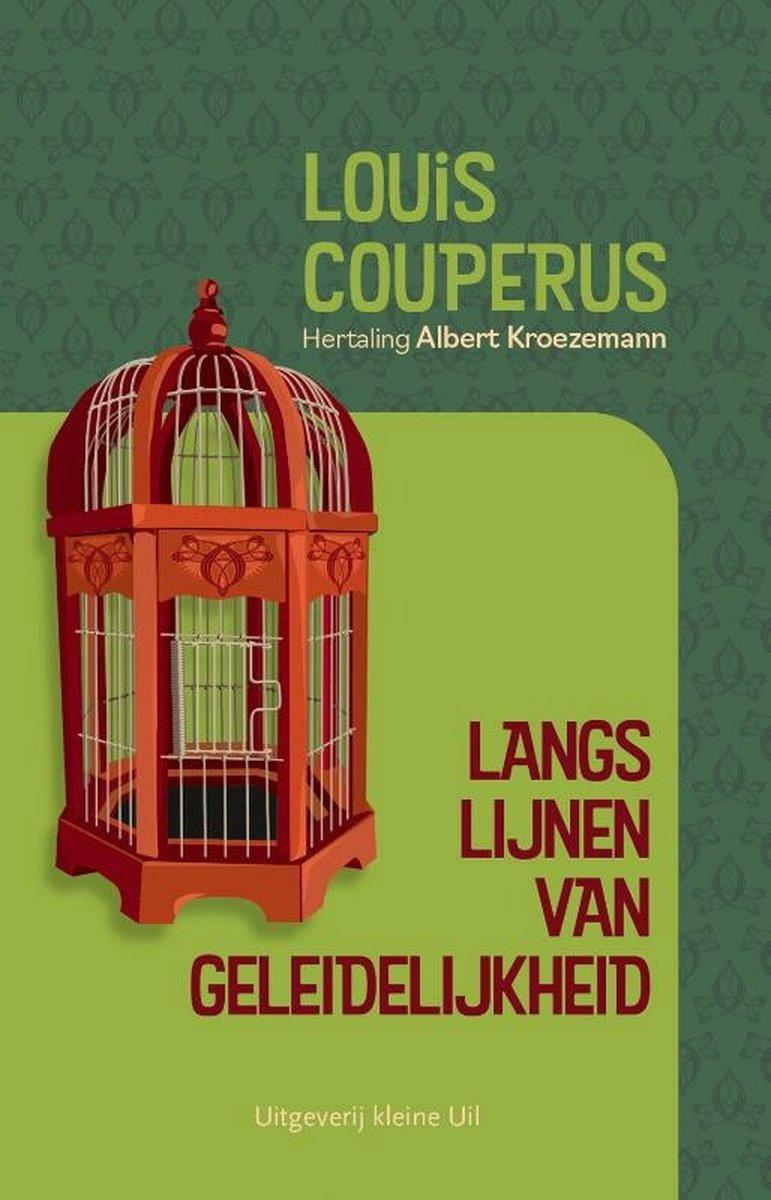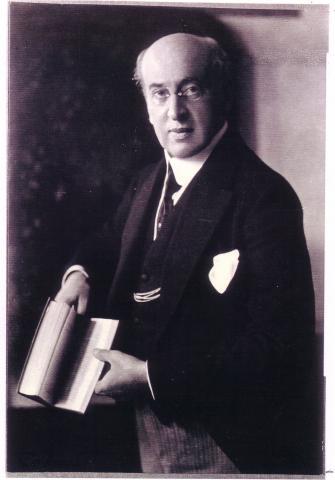Inevitable
'Inevitable' has a special place in the dazzling, vibrant oeuvre of Louis Couperus. He called it his ‘guesthouse novel’, since it is largely set in a guesthouse in Rome, where a young woman, Cornélie de Retz, is staying after leaving her husband, a brutal military man. Surrounded by scheming and decadent fellow guests (modelled after people Couperus had met on his travels) she enters into an open relationship with the painter Duco van der Staal.

By the standards of the time this was deeply shocking and critics put the book down as feminist, even pornographic. It is neither. In a powerful closing passage Cornélie, to the reader’s surprise, returns to her husband. She resigns herself to her fate. Observing the other guests, Duco thinks, smiling, ‘Strange people! […] ghostly people… Their lines swirl like arabesques through our own lines. Why do they cross our lines with their slight movement, and why do those lines never cross us that might be the sweetest to our souls…’ Although Cornélie loves Duco deeply, she surrenders to ‘blood’ and the compelling command of her husband.
With Inevitable, Couperus produced one of his most elegant novels, only to give it a tough and dramatic ending.
Couperus was a great writer. And his sympathy for the hybrid, the impure and the ambiguous gave him a peculiarly modern voice. It is extraordinary that this Dutch dandy, writing in the flowery language of fin de siècle decadence, should still sound so fresh.
The New York Times Review of Books
